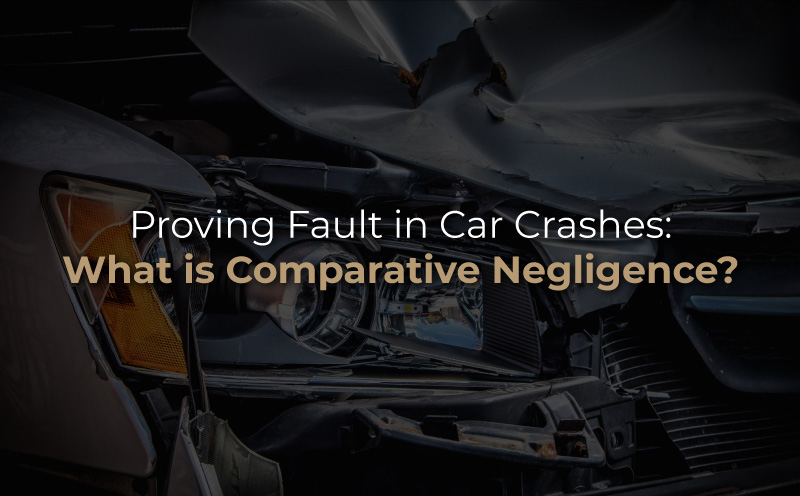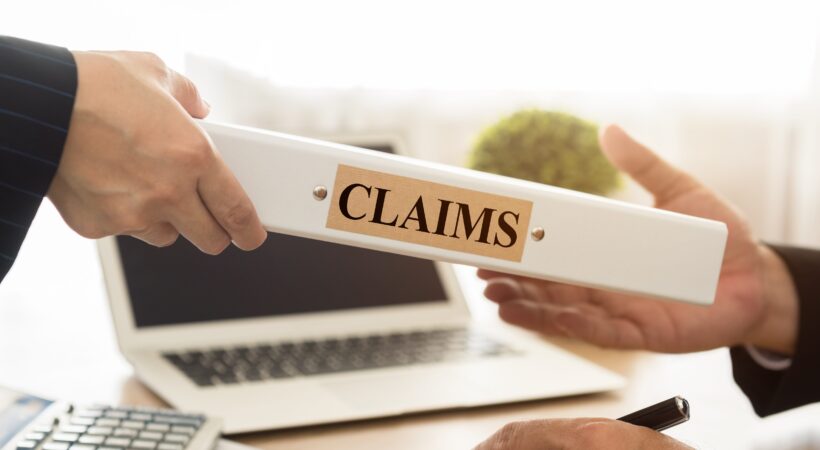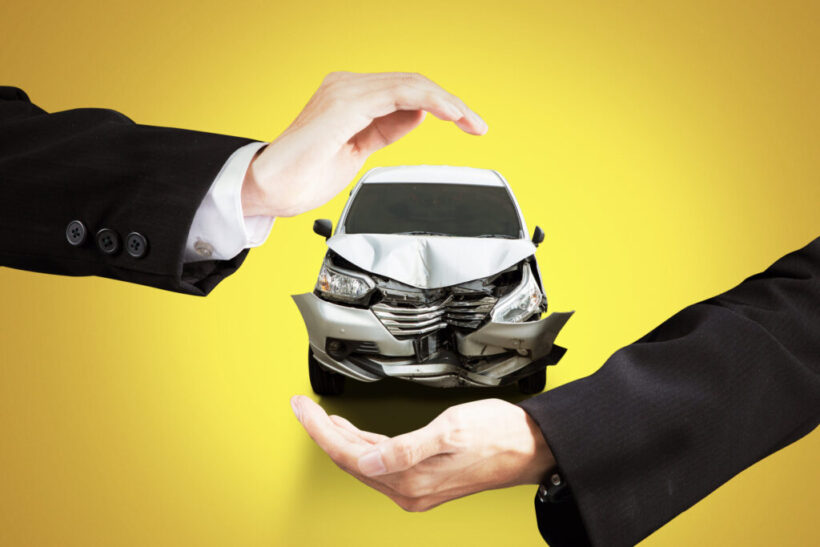Car accidents can be a devastating experience, with a far-reaching impact on physical and mental health, as well as ensuing financial expenses. But what happens when you’re partially at fault for the accident? Can you still recover compensation? The answer is yes, but the amount of compensation may be reduced based on your level of fault. This article aims to shed light on all that you need to know if you’re partially at fault for a car accident that you suffered.
Understanding Comparative Negligence

Most states in the US follow a comparative negligence system, which means that even if you’re partially at fault for an accident, you can still recover damages from the other party. However, your damages will be reduced by the percentage of your own fault. For example, if you were 20% at fault for an accident and your damages total $10,000, you would only be able to recover $8,000 ($10,000 minus 20%).
There are two types of comparative negligence systems: pure and modified. In a pure comparative negligence system, your damages are reduced by your percentage of fault regardless of how much or little it is (even if it’s over 50%). In a modified comparative negligence system (which is followed in some states), your damages are only reduced if your percentage of fault is less than a certain amount (usually 50% or 51%). An experienced Rancho Cucamonga accident lawyer can help you understand these processes better.
Proving Fault

In order to determine how much compensation you’re entitled to receive after an accident where both parties share liability, it’s important to determine fault. The evidence establishing responsibility must show who’s behind any wrongful behavior that took place during the unfortunate event and who caused more damage or injury. In order to prove another driver’s liability in court, there needs to be evidence that clearly demonstrates how their actions contributed to creating harm. This includes driving erratically before the impact with your vehicle. The best way to gather evidence following a car accident is to call law enforcement immediately after the collision so they can create an accurate report about what happened, according to those present during this event. This includes statements from you as well, of course.
Contributory Negligence
A few states follow a contributory negligence system instead of comparative negligence. In a contributory negligence system, if you’re even 1% at fault for an accident, you won’t be able to recover any damages from the other party. The idea behind the contributory negligence system was to establish personal responsibility and accountability, but this makes it a much less forgiving system that can be frustrating for those who may have only played a minor role in the accident. However, many legal systems have shifted from strict contributory negligence to comparative negligence in order to implement a more lenient approach that takes into account all the factors surrounding a car accident.
Insurance Claims

Suppose you’re involved in an accident, and both parties are insured. In that case, each insurance company will typically assign an adjuster to investigate the claim and determine the percentage of fault for both parties. If there’s disagreement on who was at fault or what percentage of fault should be assigned, it may become necessary to file a lawsuit.
If your state follows a pure comparative negligence system, it may make sense to file a lawsuit even if your level of fault is over 50%, as you may still be able to recover some damages. In modified comparative negligence states where your damages are only reduced if your percentage of fault is less than 50%, it generally only makes sense to file a lawsuit if your level of fault is below that threshold.
Getting Legal Help

Dealing with car accidents can be complex and stressful, especially when there’s shared liability involved. Seeking support and guidance from legal professionals experienced at handling auto accident cases, both big and small, can help ensure that the client receives the compensation they are entitled to following an auto collision where partial liability rests with more than one driver involved. Since personal injury attorneys handle many such cases on a regular basis, they are well-versed in navigating the legal path to fair compensation, taking into account the full extent of damages suffered. They can provide tailored advice based on the laws governing the area where the accident occurred and the other specifics of the case. They can also help you understand your rights, the outcomes you can expect, and the best course of action to build a strong case.
If negotiations with insurance companies don’t result in a fruitful outcome, they can also help you file a lawsuit to recover adequate compensation. Backed by their legal teams, your attorney will guide you through the entire process, ensuring that your rights are protected and your case is presented effectively in court. By enlisting their support, victims of a car accident can significantly enhance their chances of receiving due compensation. This collaborative effort between clients and legal professionals ensures a smoother resolution process, mitigating the complexities and uncertainties that often accompany such situations. Ultimately, partnering with skilled legal practitioners serves as a cornerstone for achieving just and comprehensive compensation following traumatic vehicular incidents.
The Bottom Line
The question of whether you can recover compensation if you’re partly at fault for a car accident depends on your jurisdiction’s laws and the specifics of your particular case. Being partially at fault doesn’t necessarily mean that you won’t receive any compensation after an accident, especially in jurisdictions that follow either pure or modified comparative neglect systems. However, It does indicate that all accountabilities derived from the incident must be taken into consideration, including responsibility regarding financial losses suffered or bodily harm sustained by others involved. They, too, need assistance to recompense what has been lost due to the accident. This is why finding competent and experienced legal help may be important in ensuring that you receive the maximum compensation possible in your state, depending on where it occurred.

